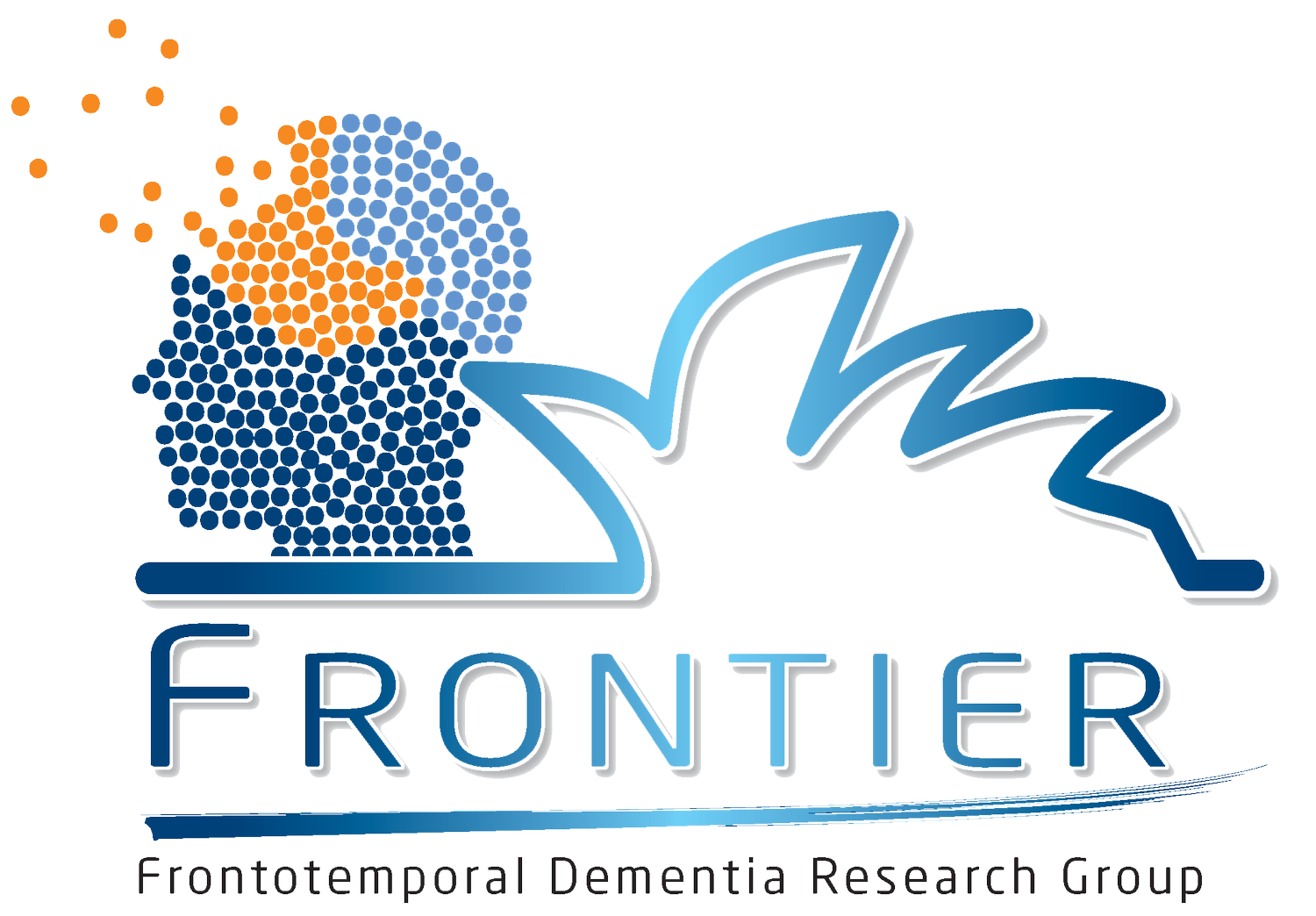Tests and Tools
Our tests
FRONTIER has developed a range of clinical tools (neuropsychological tests and questionnaires) to measure changes in cognitive functions and behaviour and aid in the diagnosis of frontotemporal dementia.
These tests are freely available to clinicians here. Note that these tests are not designed to be self-administered as they require interpretation by a trained clinician.
-
The Addenbrooke’s Cognitive Examination is a short cognitive screening test used to identify cognitive impairment in dementia. The current version of the test is the ACE-III.
The ACE-III encompasses tests of five cognitive domains: attention, memory, fluency, language, and visuospatial processing. Scores are summed to give a total out of 100, where a score of 88 and above is considered normal cognition, below 83 abnormal, and between 83 to 87 inconclusive.
The Mini-Addenbrooke’s Cognitive Examination (M-ACE) is a shorter version of the ACE-III which is scored out of 30. Cut-off scores of 25/30 and 21/30 are recommended as indicative of a dementia.
Versions of the ACE-III exist for testing in over 25 languages. We also have ACE-III protocols in English for hearing impaired adults, as well as in English for remote administration. All our protocols are available for download here. -
The Sydney Language Battery (SYDBAT) is a computer-based language test designed to identify patterns of deficits in expressive and receptive language abilities at the single-word level. It was developed to aid in differentiating between forms of primary progressive aphasia.
The SYDBAT consists of four subtests: Naming, Repetition, Comprehension and Semantic Association. Each subtest contains the same set of 30 nouns and is scored out of 30.
SYDBAT materials, administration and scoring guidelines, and cut-off scores for each subtest are available for download here. -
The Cambridge Behavioural Inventory-Revised (CBI-R) is an informant-based questionnaire that evaluates the emergence of behavioural symptoms in dementia and other neurodegenerative brain disorders. The current version of the questionnaire is the CBI-R.
The CBI-R consists of 45 items evaluating 10 functional/behavioural domains: memory and orientation, everyday skills, self-care, abnormal behaviour, mood, beliefs, eating habits, sleep, stereotypic and motor behaviours, and motivation.
The CBI-R is completed by a family member or close friend. The frequency of a behaviour over the past month is rated on a scale of 1-4, where a higher score indicates greater frequency.
The CBI-R is available for download here. -
The Frontotemporal Dementia Rating Scale (FRS) is an informant-based questionnaire that assesses the severity and rate of progression of frontotemporal dementia based on behavioural changes and functional dependence.
The FRS consists of 30 items evaluating 7 functional/behavioural domains: behaviour, outing and shopping, household chores and telephone, finances, medications, meal preparation and eating, and self-care and mobility. Scores on the FRS are categorised into six stages of disease severity, ranging from ‘very mild’ to ‘profound’ impairment.
The FRS is available for download here. -
The FRONTIER Executive Screen (FES) is a brief, clinician-administered tool designed to assess executive function in individuals with suspected FTD. It evaluates skills such as planning, inhibition, cognitive flexibility, and abstract thinking, helping to identify deficits commonly seen in the behavioural variant of FTD (bvFTD).
The FES is available for download here.


